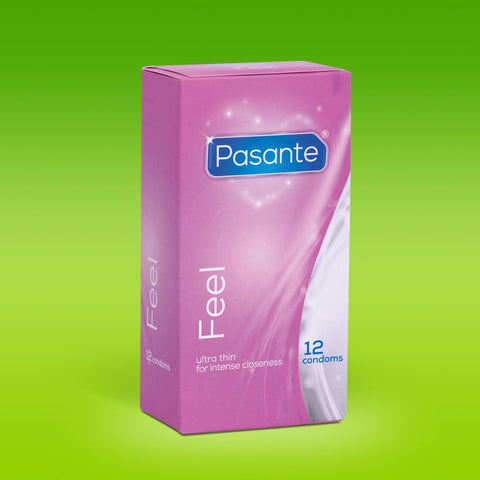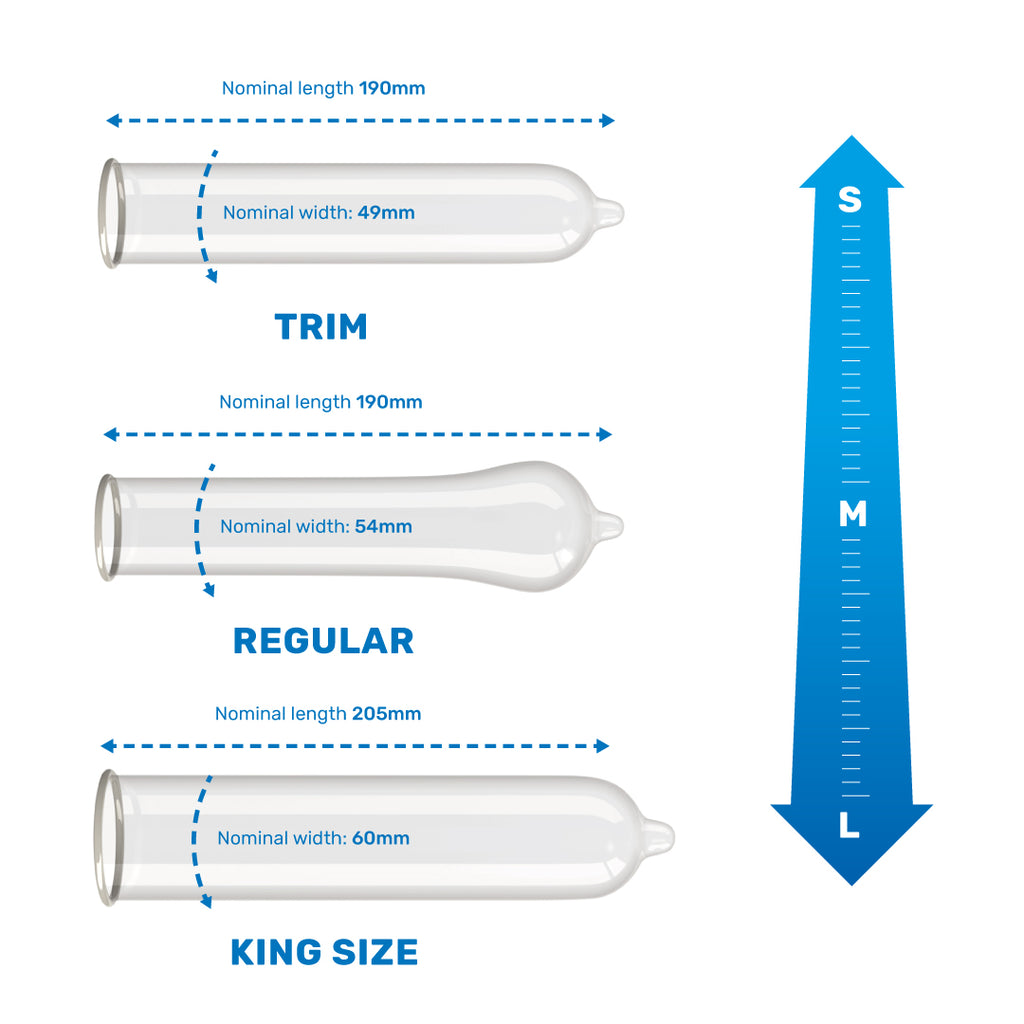
Sex Ed: A Guide to LGBTQ+ sex
Feeling curious about LGBTQ+ sex? Or looking for a little more information as someone who identifies as LGBTQ+? Then we have you covered. While LGBTQ+ sex education has now been added to relationship and sex curriculum in schools, there’s still a lot of questions and sexual health advice that may need answering.
In 2023, The Office for National Statistics reported that 3.8% of the population (aged 16 and over) identifies as being lesbian, gay or bisexual an increase from 2.2% in 2018. This shows that while more work still needs to be done around reducing challenges for LGBTQ+ community, we feel more comfortable coming out now, than ever before.
With this in mind, let’s answer some vital questions and sexual health advice; am I gay, lesbian or bisexual? Am I more at risk of catching an STI? Can I still get pregnant? HIV as well as uncovering some LGBTQ+ sex myths.
LGBTQ+ sex education: Am I gay, lesbian or bisexual?
It can feel normal to question whether you are LGBTQ+ and for some people, it may feel hard to know where to place yourself, especially if you’re not attracted to any particular sex or are more sexually fluid. And that’s ok. You don’t have to force yourself into any particular category, and that’s partly why the + is at the end - for every other possibility, so it’s ok to take your time to figure out what feels right for you. For some people, they don’t fully decide to identify as gay, lesbian, bisexual or transgender (or +) until later on in life, while others know from a fairly young age.
LGBTQ+ sex education: Am I more at risk of catching an STI?
Although statistics show that gay, bisexual and men who have sex with men (MSM) are at higher risk of contracting a sexually transmitted infection, anyone who has unprotected sex is putting themselves at risk. So whether you enjoy heterosexual sex or LGBTQ+ sex, the only way to protect yourself from a sexually transmitted infection is from using condoms or a dam every-time you have vaginal, oral or anal sex.
LGBTQ+ sex education: Can I still get pregnant?
If you’re having sex with someone with the same genitals as you, then there’s no risk of pregnancy as you need both sperm and an egg to become pregnant. However, if you are having sex with someone with the opposite genitals to you, then there is a risk of pregnancy.
LGBTQ+ sex education: HIV
Human Immunodeficiency Virus, also known as HIV is a virus that weakens and damages the immune system. HIV lives in the body fluids of an infected person, through semen, vaginal fluids, blood, or the lining inside of the anus. Transmission occurs through unprotected sex, breastfeeding, blood and sharing needles or syringes and symptoms of HIV can occur within 1-2 weeks of being exposed to the virus. There is currently no cure for HIV but there is treatment to ensure those with HIV live a long and healthy life.
To order a HIV test, click here
LGBTQ+ sex education: Uncovering LGBTQ+ sex myths
There are a lot of myths surrounding sex, including LGBTQ+ sex - so we thought we’d uncover a few of these myths to discover the real truth.
Myth: You can only identify as LGBTQ+ if you’ve been in a relationship
False! Identifying as LGBTQ+ is not dependent on whether you’ve been in a relationship or not or whether you’re having sex. It depends on how you feel, who you feel most attracted to and what feels right for you. So you can identify as LGBTQ+, even though you have never been in a relationship.
Myth: Lesbians always use sex toys
False! Having sex with another female does not require you to use sex toys if you don’t feel comfortable using them. There’s other ways to satisfy your partner, by using fingers, kissing or oral sex.
Myth: Gay men can only get HIV
False! While gay, bisexual and men who have sex with men (MSM) are at higher risk of contracting HIV, it’s not just exclusive to gay, bisexual and MSM men - if you have unprotected sex and are exposed to infected blood or fluids, then you are still at risk.
Myth: Everyone knows how to have sex and what to do
False! Chances are your partner feels just as nervous as you the first time you have sex. There’s no rush to have sex together, you can take it as slow as you need to. If you want to have sex with your partner, then take your time and experiment together. We all like different things, so talking with our partner about what feels good or what we feel comfortable doing will make a huge difference in feeling relaxed and comfortable.
Remember; it’s ok to say no if you are not ready!
Resources;
We know you may have lots more questions that need answering on LGBTQ+ sex or sexual health advice, so we have put together some resources you can use to find out more information;
LGBTQ+ sex guide for trans men
LGBTQ+ sex guide for trans women





